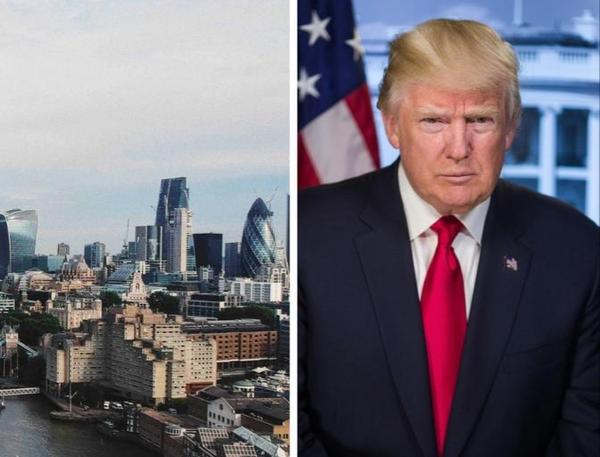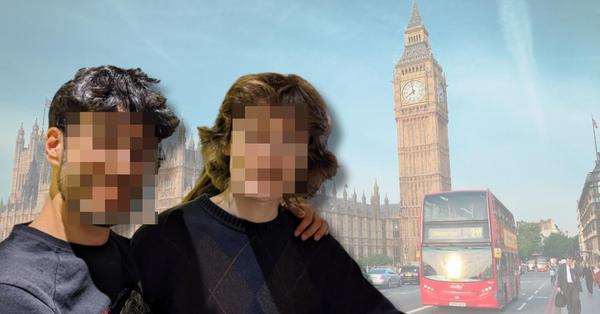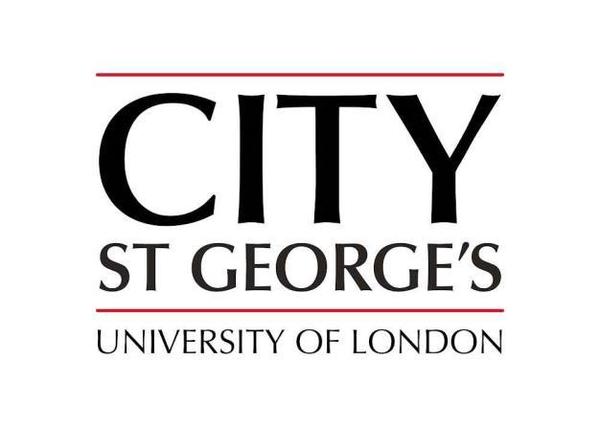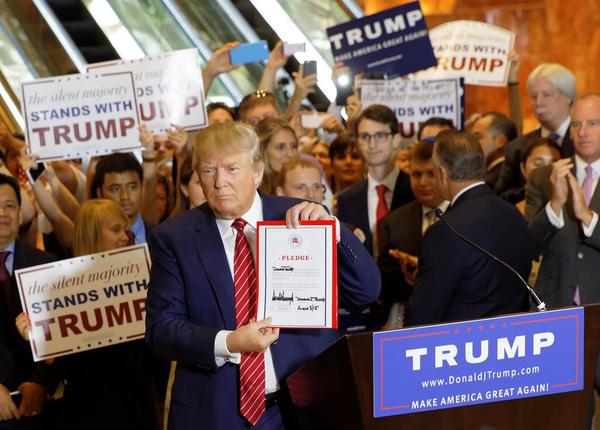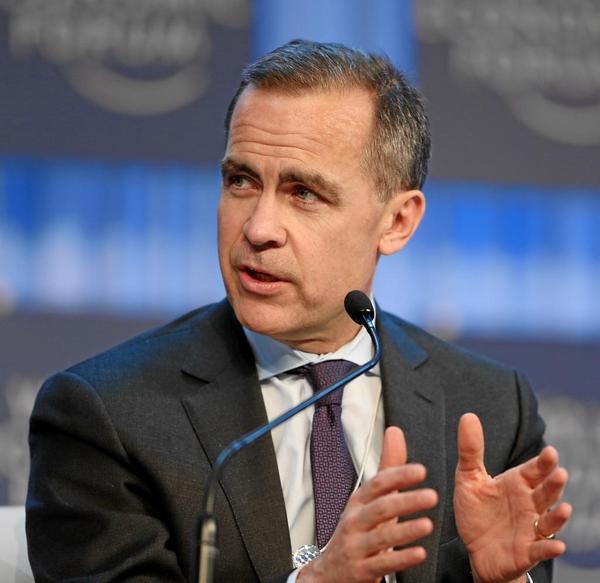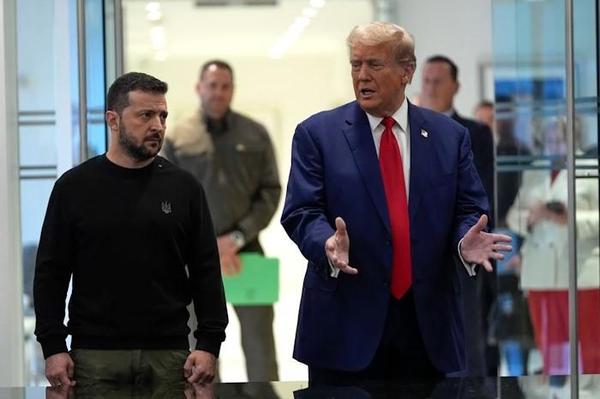19th May 2025
The 21st Century UK and US: Examining the underlying rhetoric that characterises populist leaders' social media discourse
My undergraduate dissertation.* Received a mark of 1:1.
This dissertation examines the underlying rhetoric that characterises 21st century UK and US populist leaders' social media discourse. Through a qualitative, critical, and theory-informed approach, the study analyses four populist figures (two from each country) – Boris Johnson and Nigel Farage of the UK, along with Donald Trump and Bernie Sanders of the US. The research employs a case study analysis, followed by an observed synthesis of populist rhetoric, to evaluate the underlying patterns and themes present within the leaders' rhetoric.
This dissertation's findings reveal two key, consistent underlying characteristics that shape these leaders' social media discourse: appeals to the people and anti-elitism. These characteristics are examined through various theoretical lenses, especially relying on Mudde and
Kaltwasser's, Canovan, Jagers and Walgrave, and Schaub and Morisi's theory of populism as both an ideology and communication style, as well as Habermas' and Mouffe's public sphere theory. The dissertation's contextual evaluation of theory is supported by a manual selection of
four tweets and four Instagram posts, one for each leader on each platform. This dissertation's research contributes to the broader understanding of the characteristics present within underlying populist rhetorics that are apparent in social media discourse.
*Please note this is NOT a published work.
